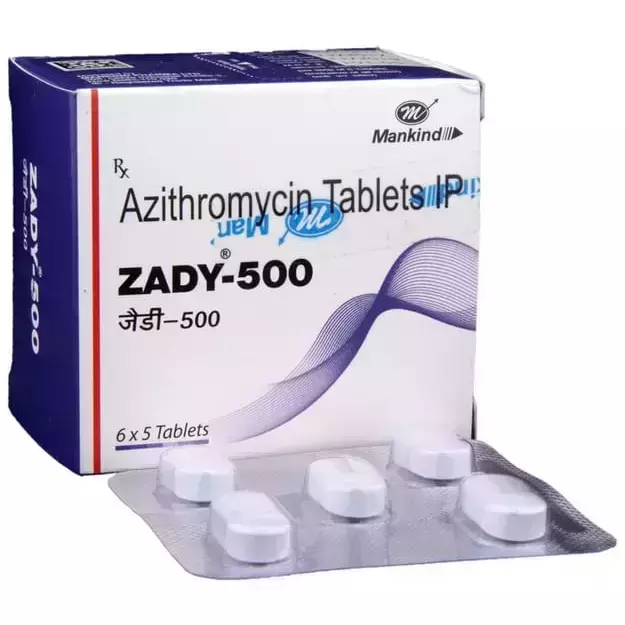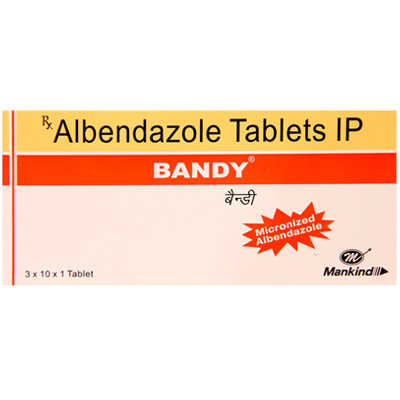Azad is a prescription medicine that is available as a Suspension, Tablet. Ear Infection, Tonsillitis, Pneumonia are some of its major therapeutic uses. Other than this, Azad has some other therapeutic uses, which have been discussed ahead.
The optimal dosage of Azad is largely dependent on the individual's body weight, medical history, gender and age. The condition it has been prescribed for, and the route of administration also determine the right dosage. Detailed information has been provided in the dosage section.
Azad also has some side effects, the most common being Nausea or vomiting, Diarrhoea, Headache. While these are the most often observed Azad side effects, there are can be others also. These have been listed below. These side effects of Azad are usually temporary and subside with the completion of treatment. Consult your doctor if these side effects become worse or stay for a longer duration.
It is also important to note that Azad has a Safe effect for pregnant women and Safe effect on lactating mothers. Further, the section on Azad related warnings talks about Azad's effects on the liver, heart and kidney.
The section on Azad contraindications lists all such conditions.
Besides this, Azad may also have severe interaction with some medicines. A complete list of these interactions is given below.
Along with the above-mentioned precautions, remember that taking Azad is considered safe while driving, and is addictive.
X
































